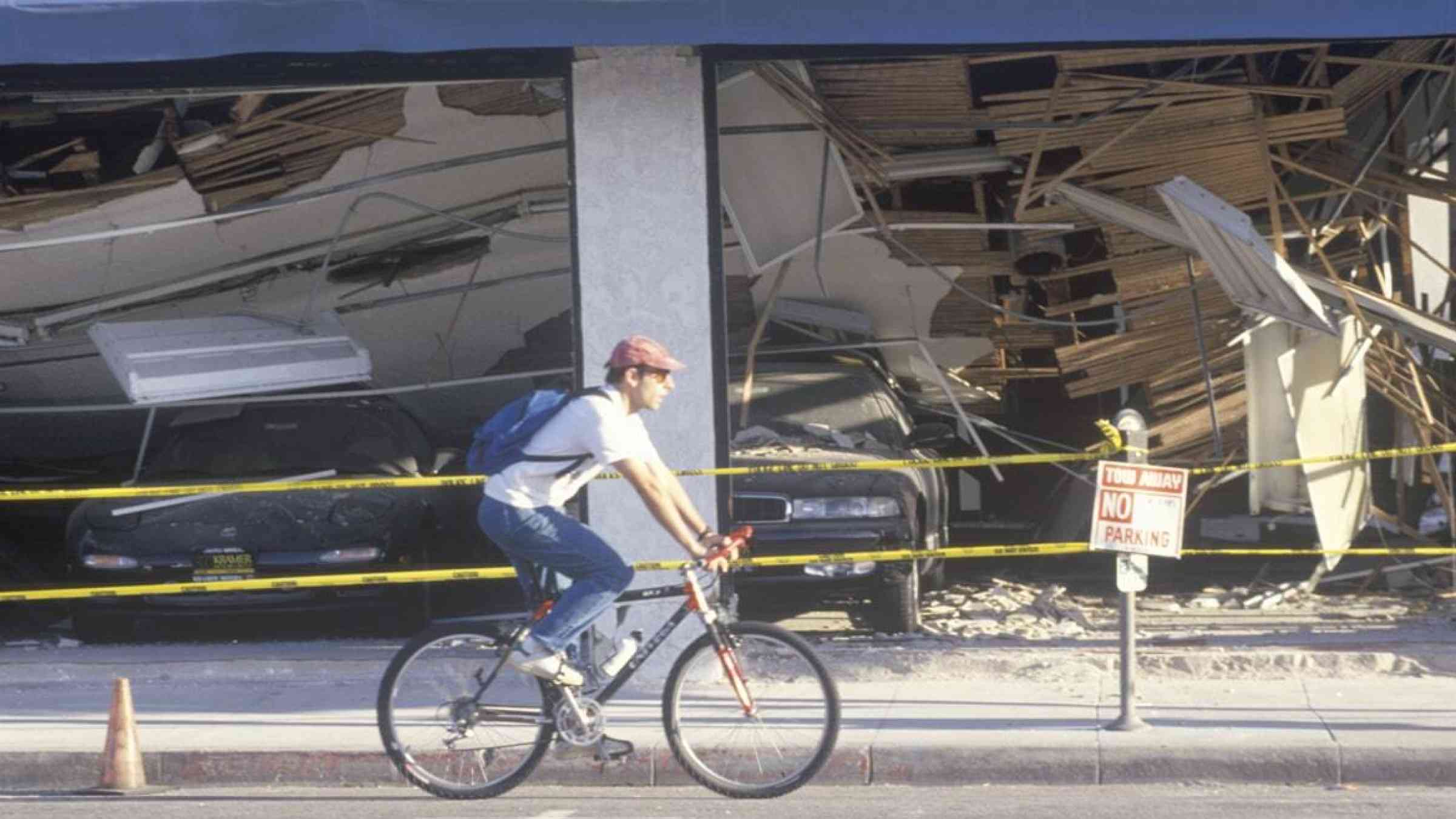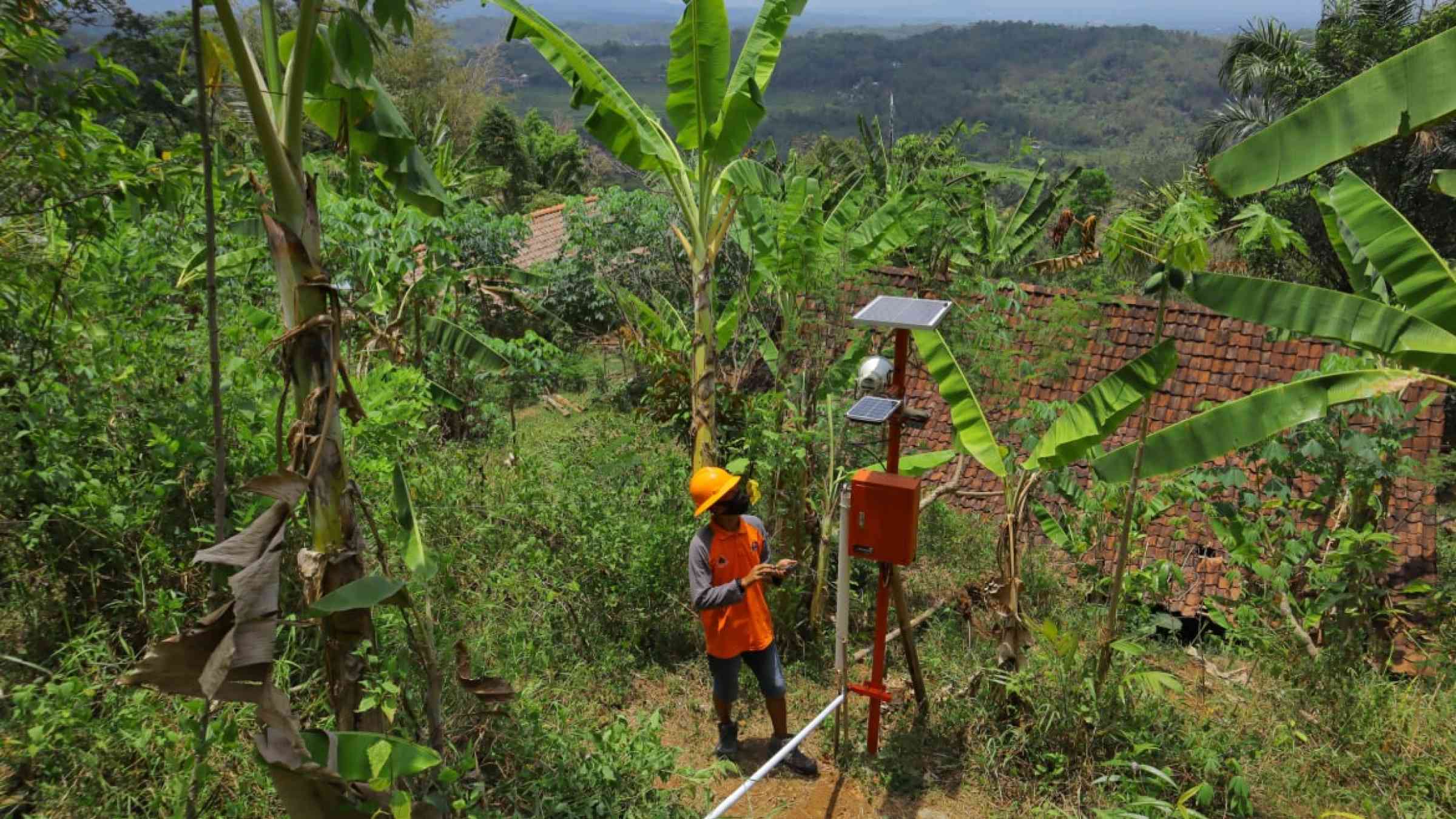Artificial intelligence for disaster risk reduction

Introduction
We are living in an era marked by disasters, which coincides with the tremendous speed of technological growth. The abundance of available data and sensor technology poses an additional challenge: the sheer volume of data exceeds our ability to extract value from it.
In this setting, artificial intelligence emerges as a powerful frontier technology that has the potential to transform the speed and method of data collection and analysis. By altering data processing processes, it enables quick and informed decision-making, such as through accurate real-time data analysis.
Discover artificial intelligence and machine learning applications ranging from early warning systems to evacuation models, as well as other intriguing disaster risk reduction innovations.






